CSIR–NBRI and Ramalaya Foundation jointly launch Bihar’s first scientific beekeeping and biodiversity restoration initiative in Ramganj, aiming to boost farmer incomes and strengthen rural ecological sustainability.
Madhepura, Bihar | 18 November 2025
In a major stride towards sustainable rural development and ecological restoration, Bihar has launched its first-ever Scientific Honey Production and Biodiversity Restoration Project in Ramganj village, Madhepura. The project is being implemented under the CSIR Floriculture Mission – Phase II, led by Mission Director Dr. Ajit Kumar Shasany, and executed by the CSIR–National Botanical Research Institute (NBRI), Lucknow, in collaboration with the Ramalaya Foundation, founded by Shri Prashant Kumar.
The launch ceremony witnessed participation from officials of the District Administration, Block Development Department, Forest Department, and experts from the Krishi Vigyan Kendra (KVK). Additional technical expertise was provided by Mr. Manoj Kumar, Block Project Manager, Jeevika, Kumarkhand, and Mr. Nimit Singh, Founder of Madhumakhi Wala Industry, Lucknow. Their involvement reflected the strong inter-departmental partnership supporting the project’s mission to uplift farmers and protect the region’s ecological health.
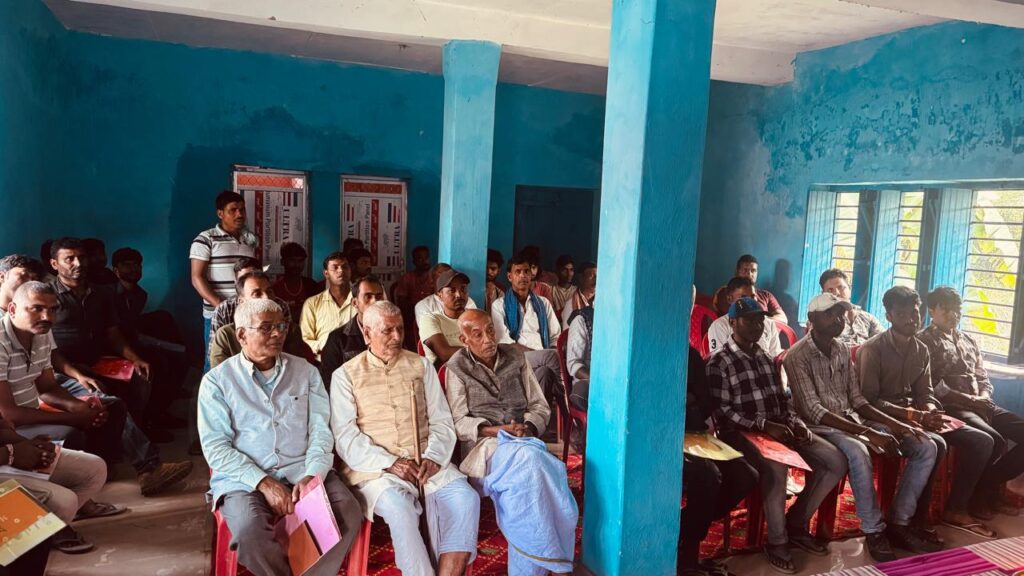
District Magistrate Shri Taranjot Singh, IAS, praised the initiative, describing it as a transformative step toward long-term ecological security and rural empowerment. He assured the government’s full administrative support and expressed interest in personally visiting the project site to interact with scientists and farmers, reinforcing the administration’s commitment to sustainable agricultural development.
Shri Prashant Kumar, Founder of the Ramalaya Foundation, emphasized that the project aims to establish a self-sustaining ecosystem that nurtures biodiversity while significantly improving farmer incomes. “By combining scientific beekeeping with ecological restoration, we are creating opportunities that empower local communities and strengthen environmental resilience. We are grateful to CSIR–NBRI for their dedicated expertise,” he said.
The scientific team from CSIR–NBRI—including Dr. Sushil Kumar, Dr. Bikarma Singh (Principal Scientists), and Project Associate Prabhat Maurya—will oversee the technical training and field implementation.
Dr. Sushil Kumar highlighted Ramganj’s strong ecological potential for scientific honey production and stressed that modern beekeeping practices will help increase farmer incomes while protecting native flora and fauna.
Dr. Bikarma Singh added that scientific beekeeping contributes not just to honey yields but also to the overall strengthening of the ecosystem, making it a vital tool for rural sustainability.
Under this initiative, a dedicated biodiversity zone spanning a 2 km radius will be developed. The project will deploy 200 scientifically managed bee boxes, support a projected 30–50% rise in farmer incomes, and integrate more than 200 new farmers over the next three years. Plantation activities across 20–30 hectares are also planned, setting the foundation for a resilient ecological landscape and long-term sustainable livelihoods throughout the Madhepura region.


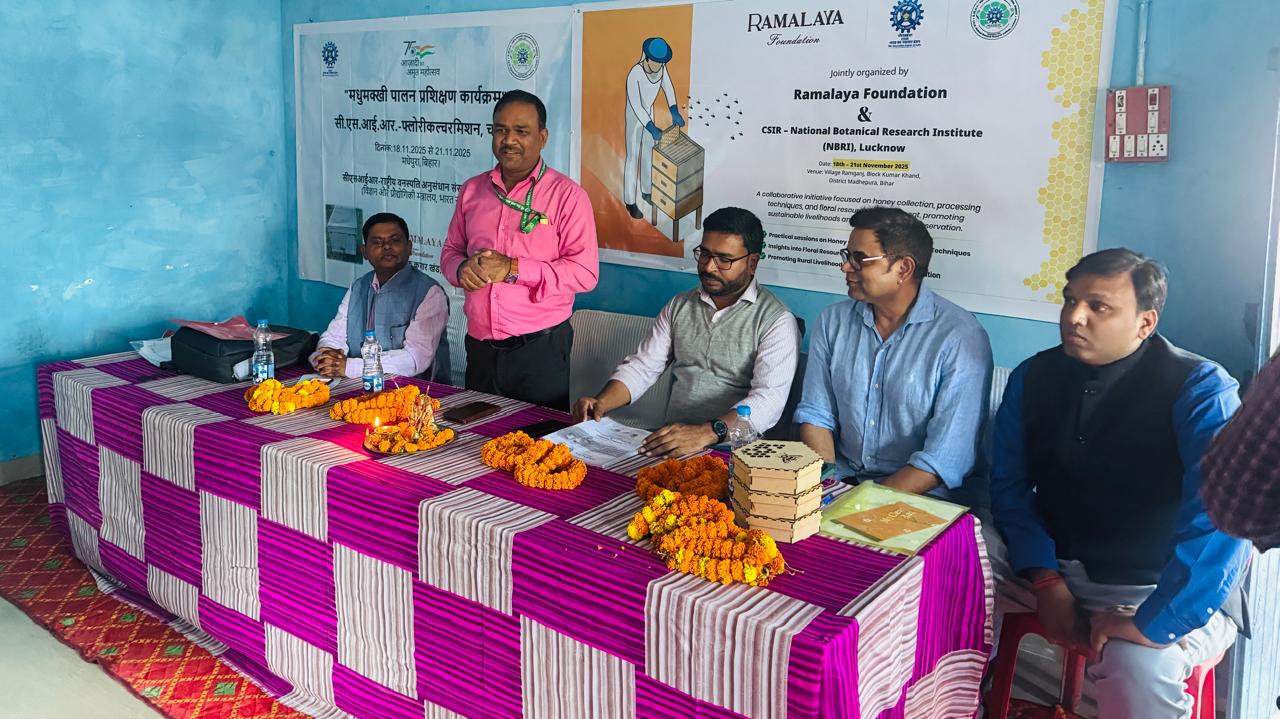
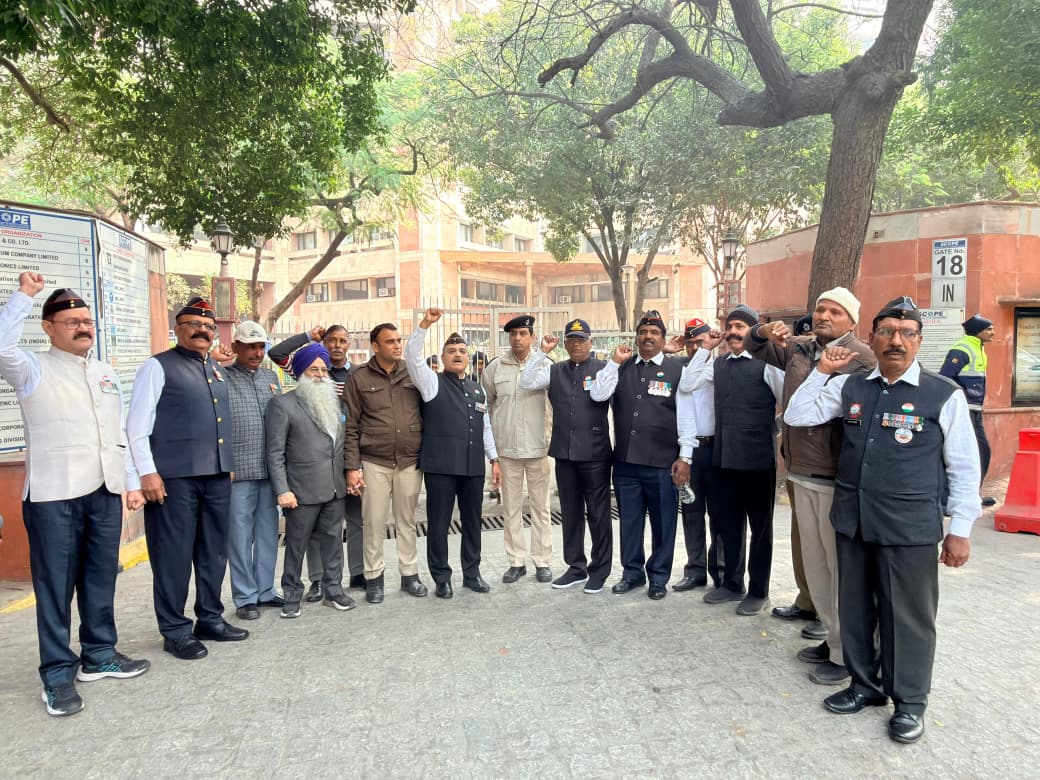
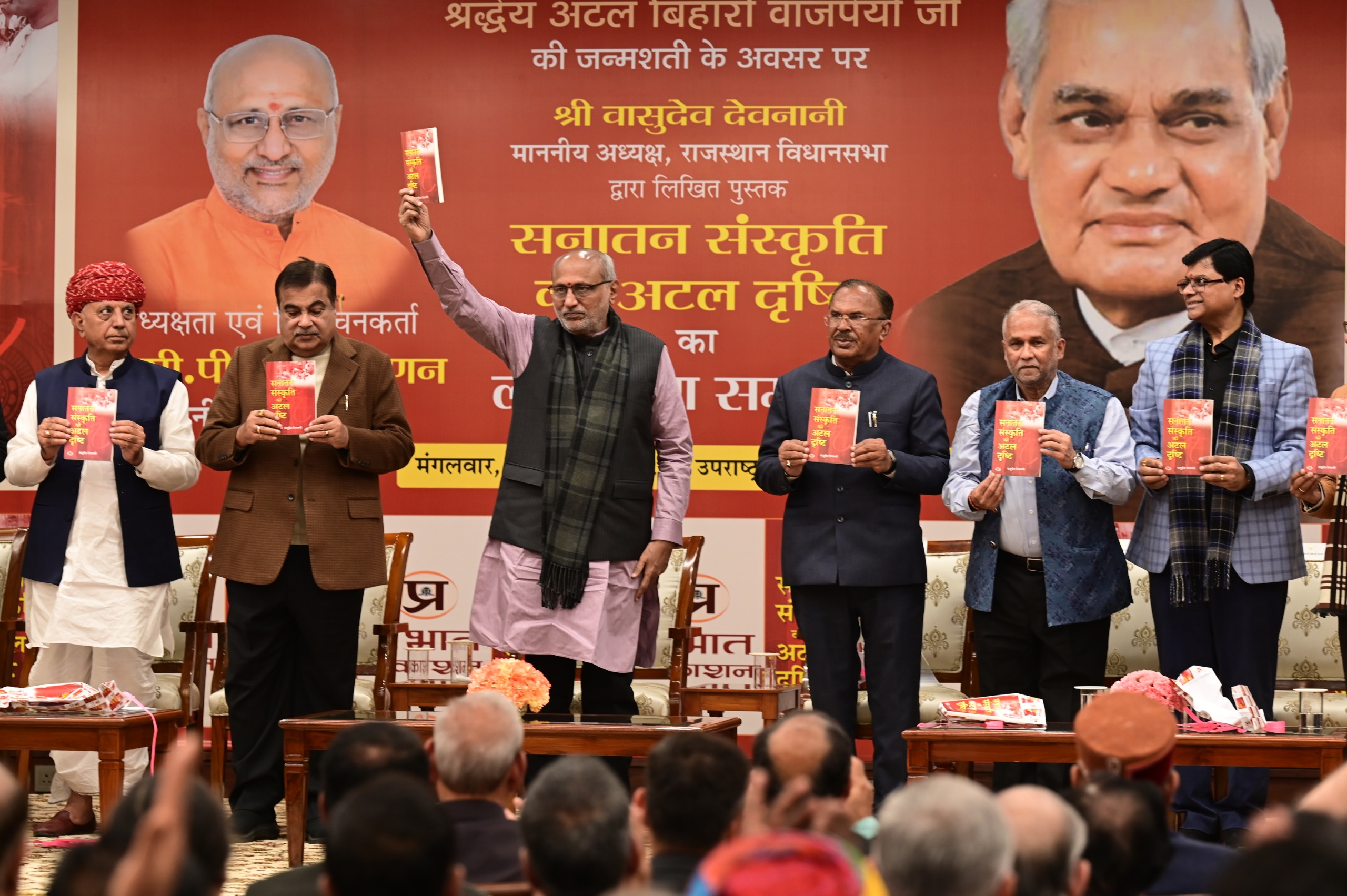
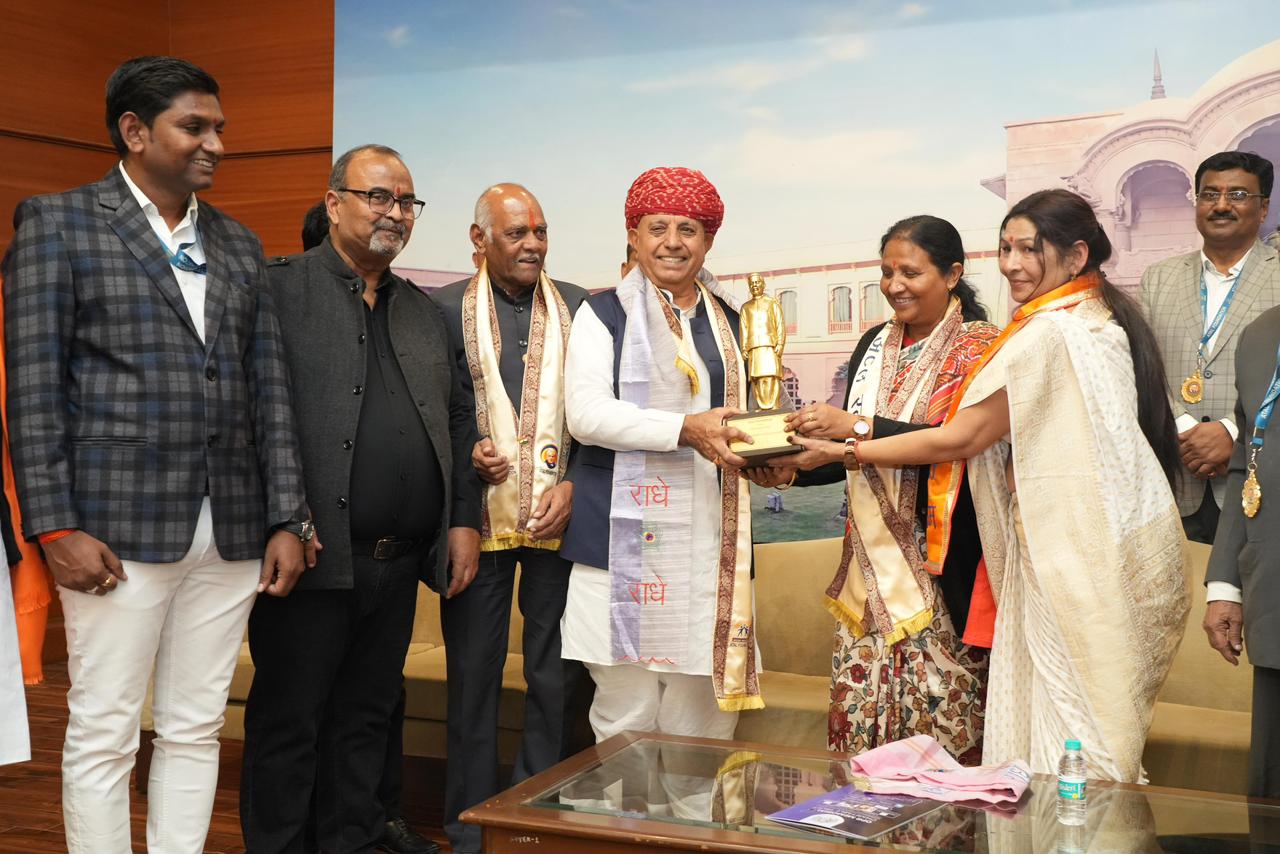
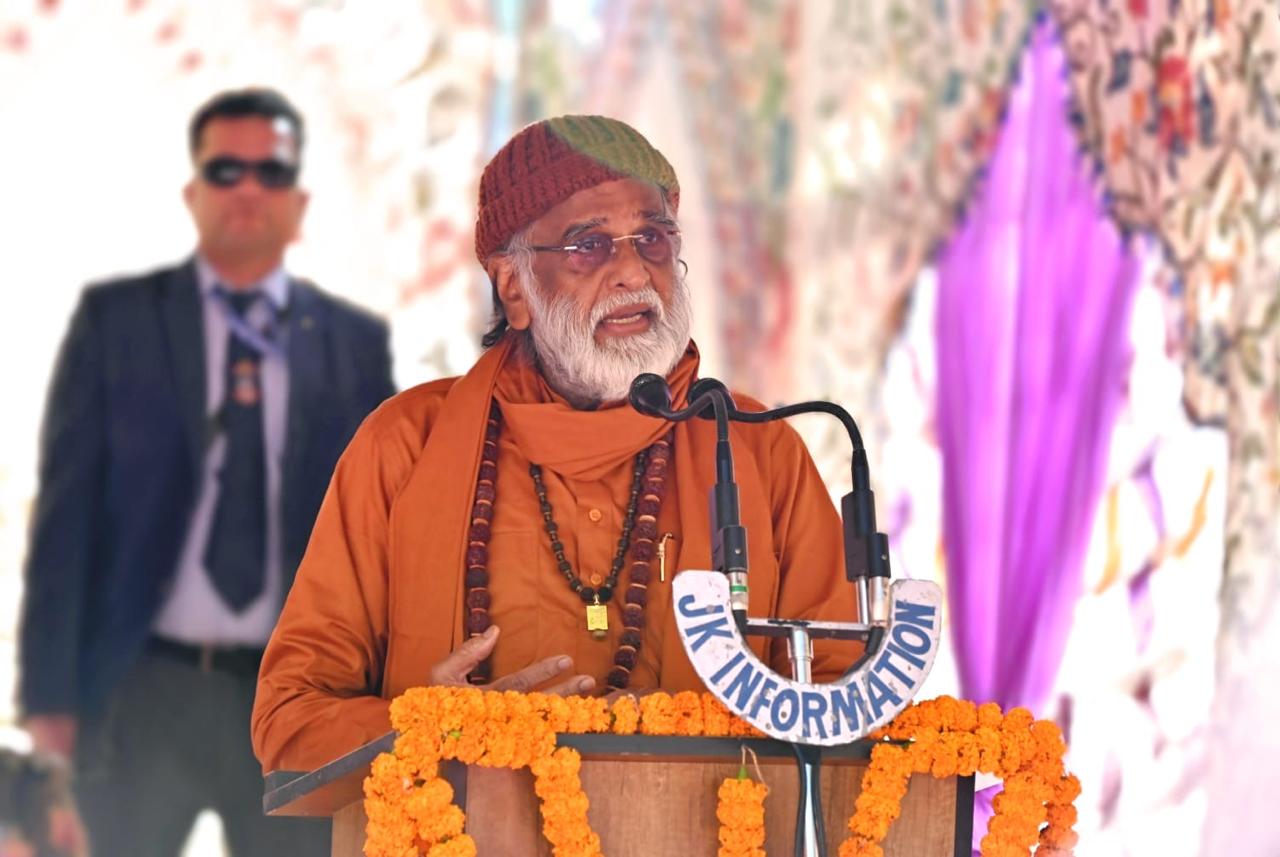

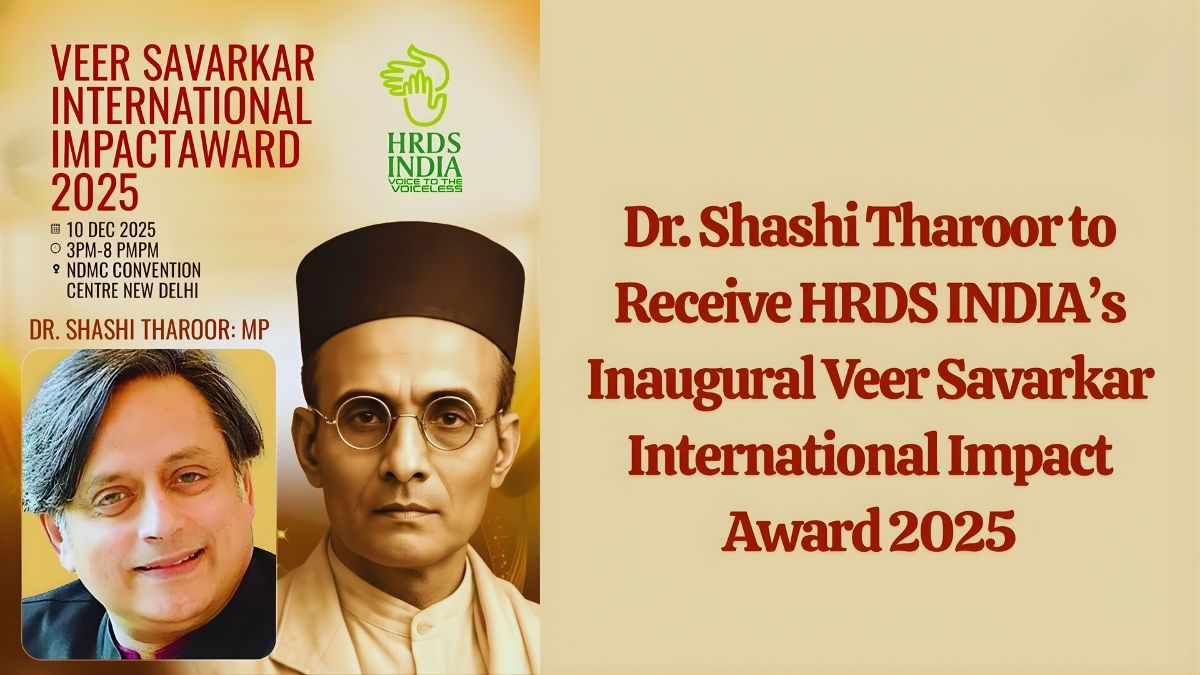
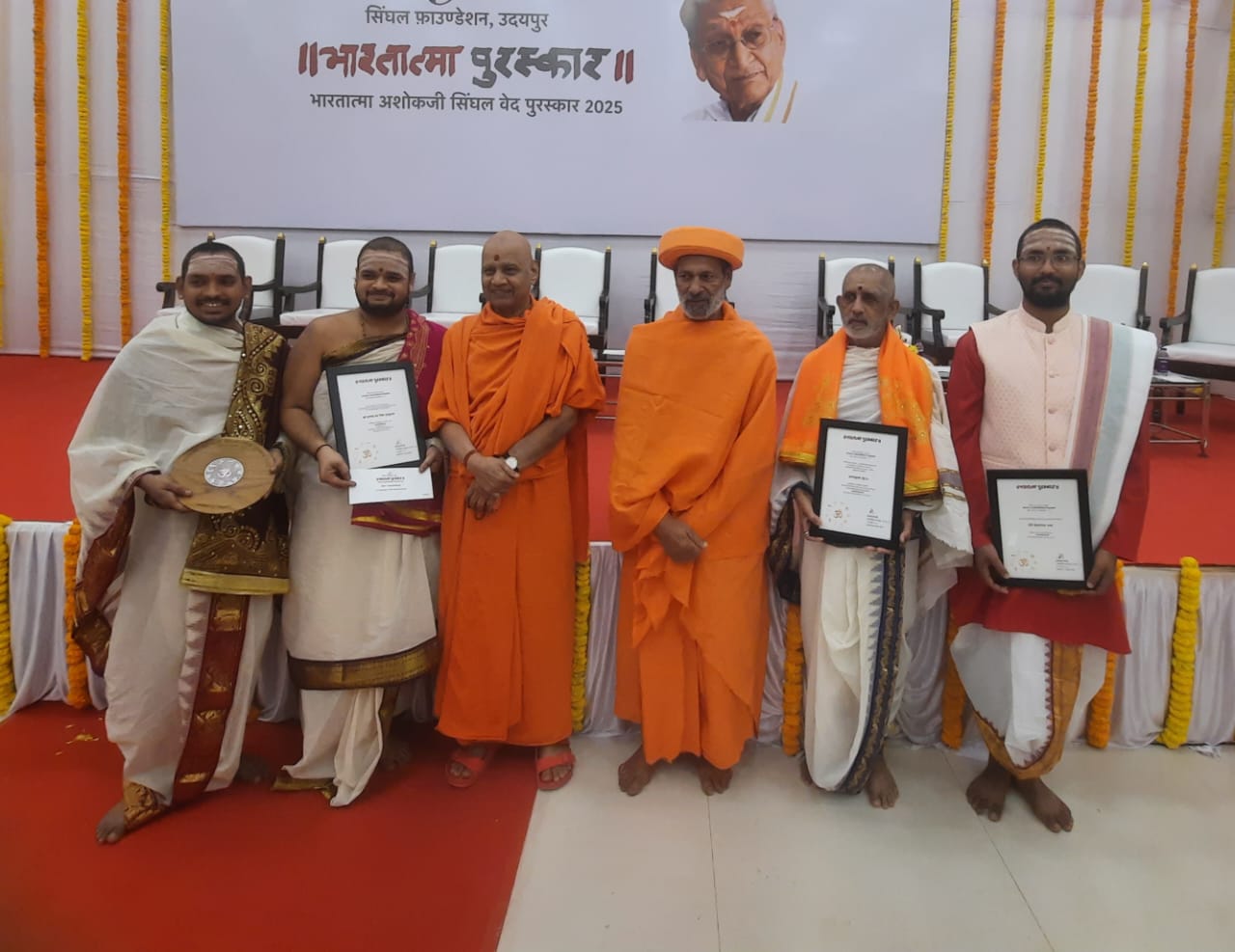
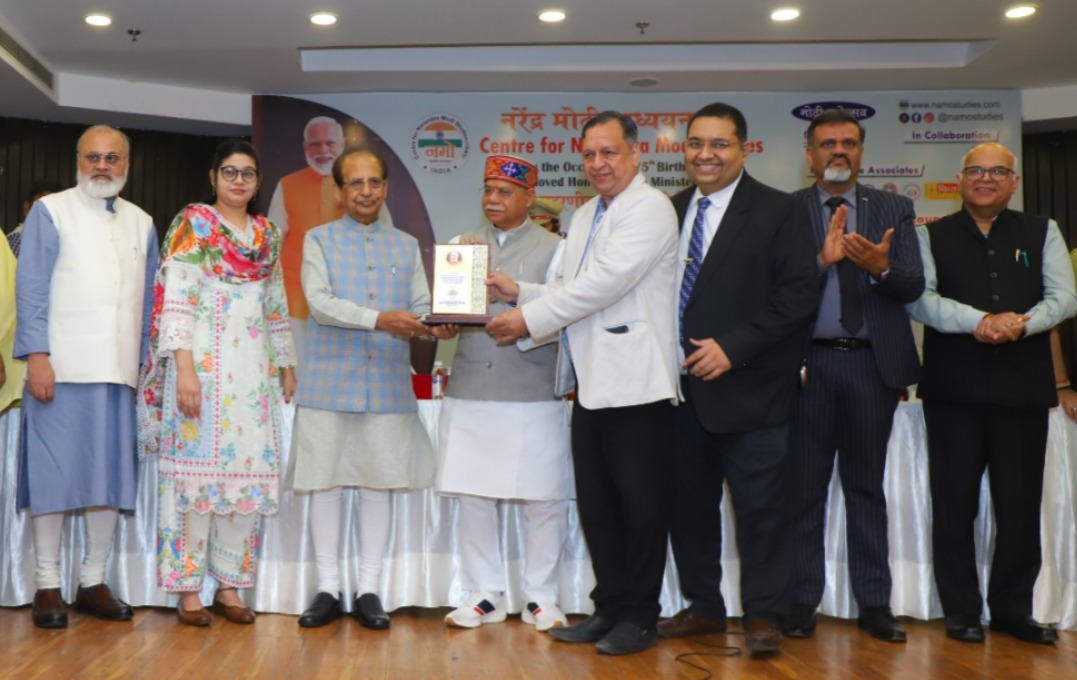




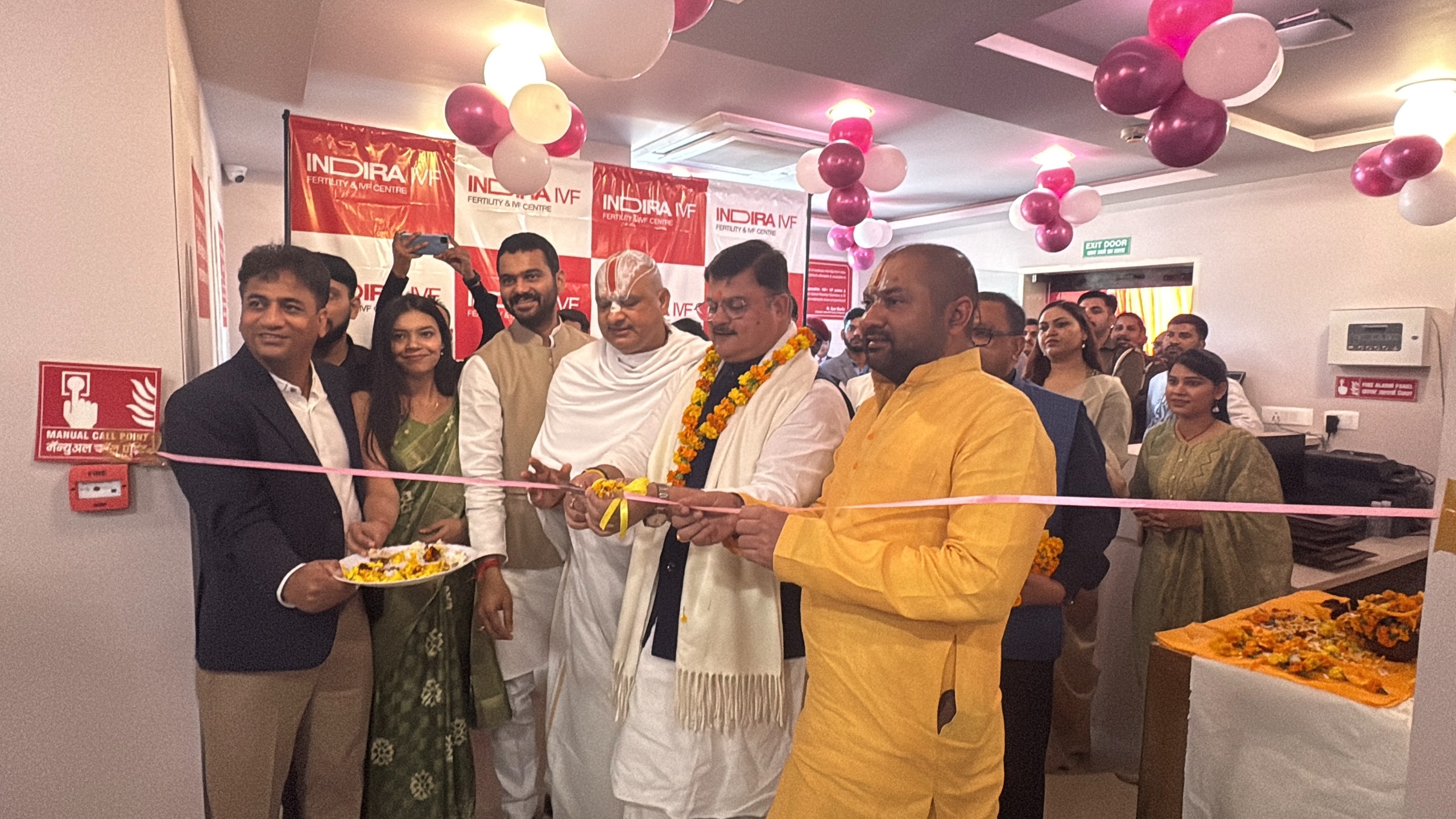
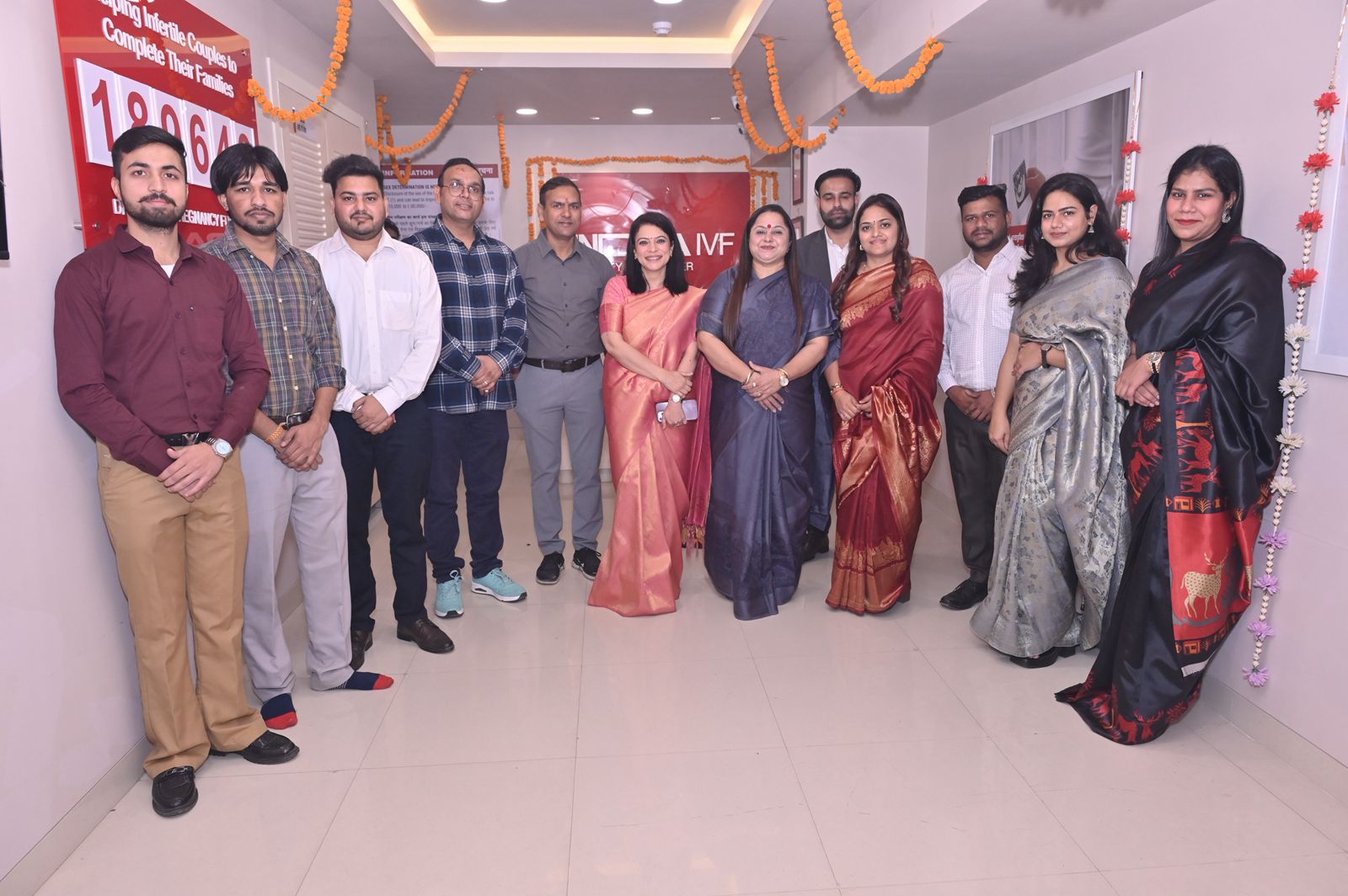
Leave a Reply